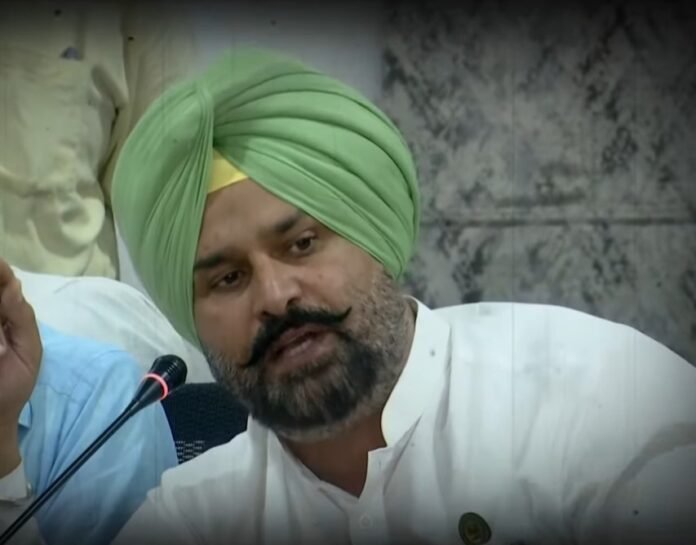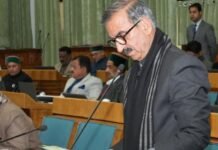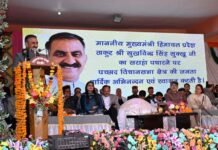In a rare show of cross-party solidarity, political factions across the spectrum in Punjab joined forces on July 19 to challenge the Aam Aadmi Party (AAP)-led state government’s controversial land pooling scheme. Under the leadership of the Sanyukt Kisan Morcha and in the presence of leaders from the Congress, Shiromani Akali Dal (SAD), Bharatiya Janata Party (BJP), Bahujan Samaj Party (BSP), and several leftist groups, a massive gathering was held in Bathinda, symbolizing a unified resistance to what is being perceived as an attempt to corporatize Punjab’s agrarian heartland.
At the core of the protest lies the fear that fertile farmlands will be diverted from agricultural use and handed over to private developers under the guise of urban expansion and infrastructure development. Farmers and political leaders alike have criticized the land pooling policy as exploitative, citing that over 90% of landowners in proposed pooling zones have rejected the government’s offer. Demonstrators argue that the policy is not just a bureaucratic overreach but a fundamental threat to rural livelihoods and the state’s agricultural identity.
Adding to the protestors’ list of demands was the immediate repeal of provisions in the Punjab Reorganisation Act—specifically Sections 78, 79, and 80—that relate to water-sharing and dam control by central agencies. Leaders called for Punjab’s exclusion from international trade agreements that they claim undermine local agriculture. They further advocated for a stronger, cooperative-led development model rather than one dominated by private corporate interests.
The protest was not only a rebuke of AAP’s governance but also a reassertion of Punjab’s historic spirit of agrarian defiance. It echoed earlier farmer mobilizations that challenged national farm laws. Speakers at the event emphasized the long-term socio-economic consequences of alienating farmland and warned that the land pooling model could spark a new wave of rural dispossession.
The event concluded with calls for continued agitation, public awareness campaigns, and legal avenues to resist what many see as an existential threat to Punjab’s rural economy. The display of unity also suggested the potential for a larger political realignment against AAP ahead of the next electoral cycle.
This is a web generated news report.





